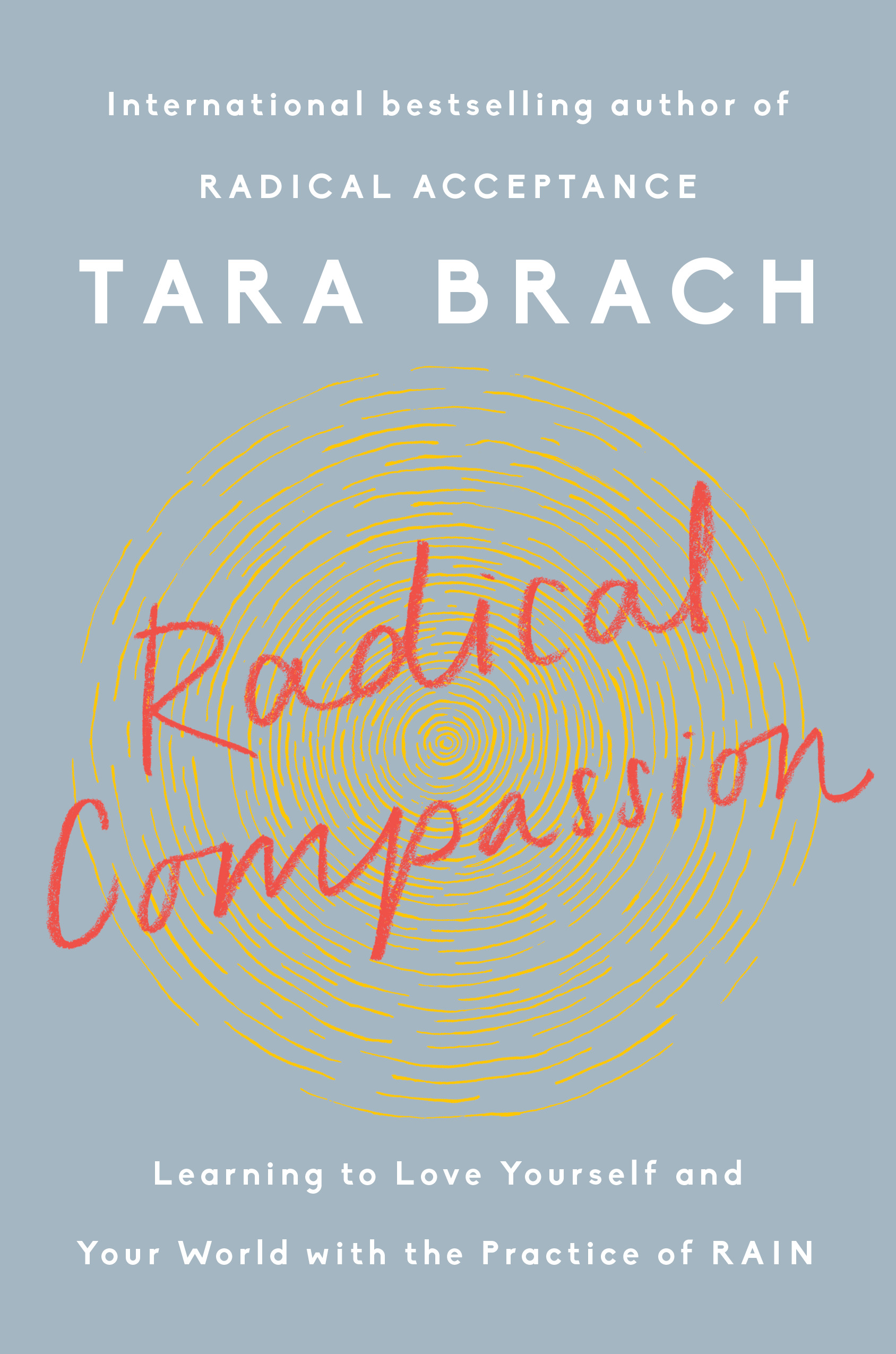My dense forest hums with a background mantra: There’s not enough time. I know I’m not alone; many of us speed through the day, anxiously crossing tasks off the list. This often comes hand in hand with feeling beleaguered, annoyed at interruptions, and worried about what’s around the corner.
My anxiety escalates when I’m preparing for an upcoming teaching event. I remember an afternoon some years ago when I was in last-minute mode. I was madly searching through my very disorganized electronic files, trying to find material for a talk I’d be giving that evening on loving kindness. Much like the files, my mind was stirred up and muddy. At one point, my eighty-three-year-old mother, who had come to live with my husband, Jonathan, and me, popped into my office. She started to tell me about an article she liked from the New Yorker. But seeing me glued to the computer screen (and probably frowning), she quietly placed the magazine on my desk and left. As I turned to watch her retreat, something in me just stopped. She often came by for a casual chat, and now I was struck by the reality that she wouldn’t always be around for these companionable moments. And then I was struck again: Here I was, ignoring my mom and mentally scurrying around to compose a talk on love!
This wasn’t the first time I was jarred by forgetting what mattered. During that first year my mom lived with us, I repeatedly felt squeezed by the additional demands on my time. Often when we had dinner together, I’d be looking for the break in the conversation when I could excuse myself and get back to work. Or we’d be on errands or going to one of her doctor’s appointments, and rather than enjoying her company, I’d be fixated on how quickly we could get everything done. Our time together often felt obligatory: She was lonely, and I was the main person around. While she didn’t guilt-trip me—she was grateful for whatever time I offered—I felt guilty. And then when I’d slow down some, I also felt deep sadness.
That afternoon in my office, I decided to take a time-out and call on RAIN to help me deal with my anxiety about being prepared. I left my desk, went to a comfortable chair, and took a few moments to settle myself before beginning.
The first step was simply to Recognize (R) what was going on inside me—the circling of anxious thoughts and guilty feelings.
The second step was to Allow (A) what was happening by breathing and letting be. Even though I didn’t like what I was feeling, my intention was not to fix or change anything and, just as important, not to judge myself for feeling anxious or guilty.
Allowing made it possible to collect and deepen my attention before starting the third step: to Investigate (I) what felt most difficult. Now, with interest, I directed my attention to the feelings of anxiety in my body—a physical tightness, pulling and pressure around my heart. I asked the anxious part of me what it was believing, and the answer was deeply familiar: It believed I was going to fail. If I didn’t have every teaching and story fleshed out in advance, I’d do a bad job and let people down. But that same anxiety made me unavailable to my mother, so I was also failing someone I loved dearly. As I became conscious of these pulls of guilt and fear, I continued to investigate. Contacting that torn, anxious part of myself, I asked, “What do you most need right now?” I could immediately sense that it needed care and reassurance that I was not going to fail in any real way. It needed to trust that the teachings would flow through me, and to trust the love that flows between my mother and me.
I’d arrived at the fourth step of RAIN, Nurture (N), and I sent a gentle message inward, directly to that anxious part: “It’s okay, sweetheart. You’ll be all right; we’ve been through this so many times before . . . trying to come through on all fronts.” I could feel a warm, comforting energy spreading through my body. Then there was a distinct shift: My heart softened a bit, my shoulders relaxed, and my mind felt more clear and open.
I sat still for another minute or two and let myself rest in this clearing, rather than quickly jumping back into work.
My pause for RAIN took only a few minutes, but it made a big difference. When I returned to my desk, I was no longer caught inside the story line that something bad was around the corner. Now that I wasn’t tight with anxiety, my thoughts and notes began to flow, and I remembered a story that was perfect for the talk. Pausing for RAIN had enabled me to reengage with the clarity and openheartedness that I hoped to talk about that evening. And later that afternoon, my mom and I took a short, sweet walk in the woods, arms linked. Since then, I’ve done a brief version of RAIN with anxiety countless times. My anxiety hasn’t gone away, but something fundamental has changed. The anxiety doesn’t take over. I don’t get lost in the dense forest of trance. Instead, when I pause and then shift my attention from my story about getting things done to my actual experience in my body and heart, there’s a spontaneous shift to increased presence and kindness. Often I’ll keep working, but sometimes I decide to change gears, to step outside and play with my pup, make some tea, or water the plants. There’s more choice.

Follow us here and subscribe here for all the latest news on how you can keep Thriving.
Stay up to date or catch-up on all our podcasts with Arianna Huffington here.


